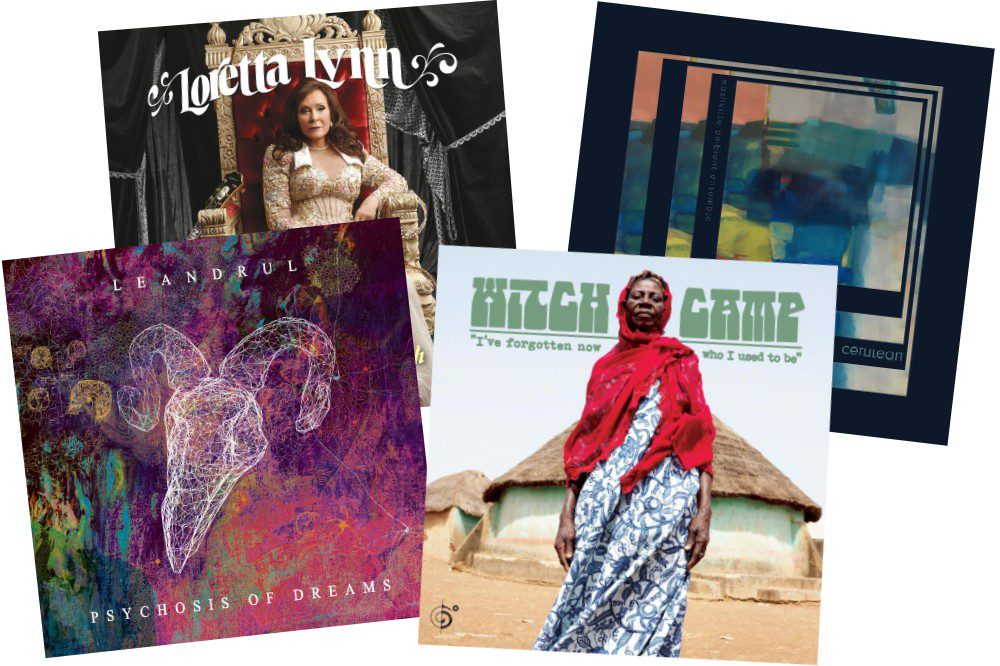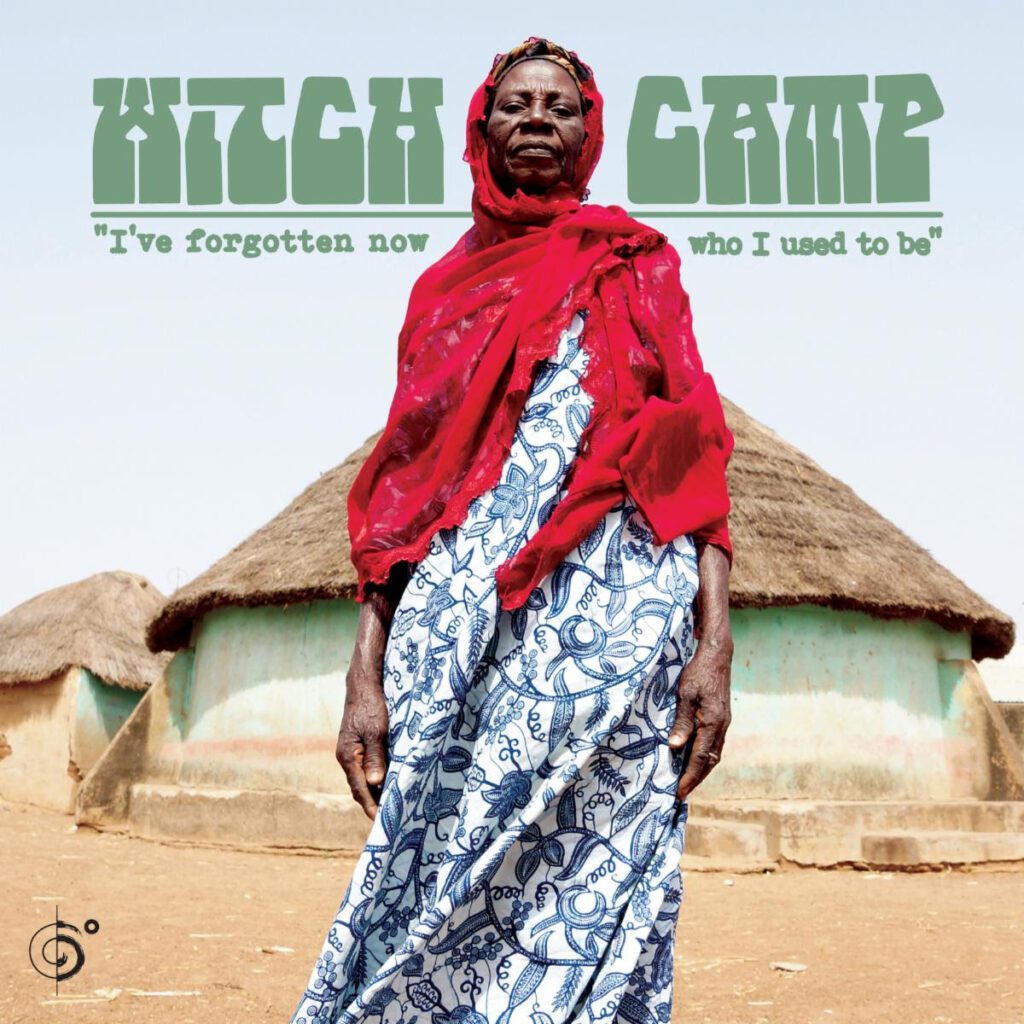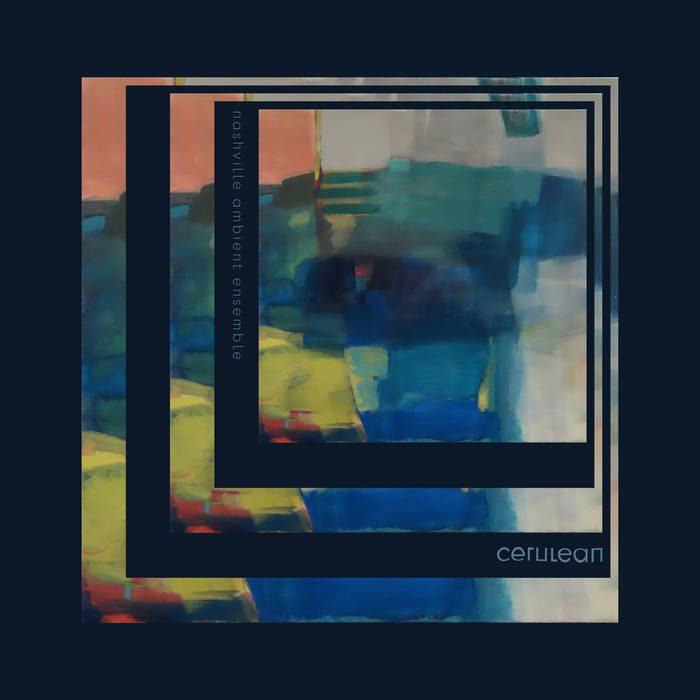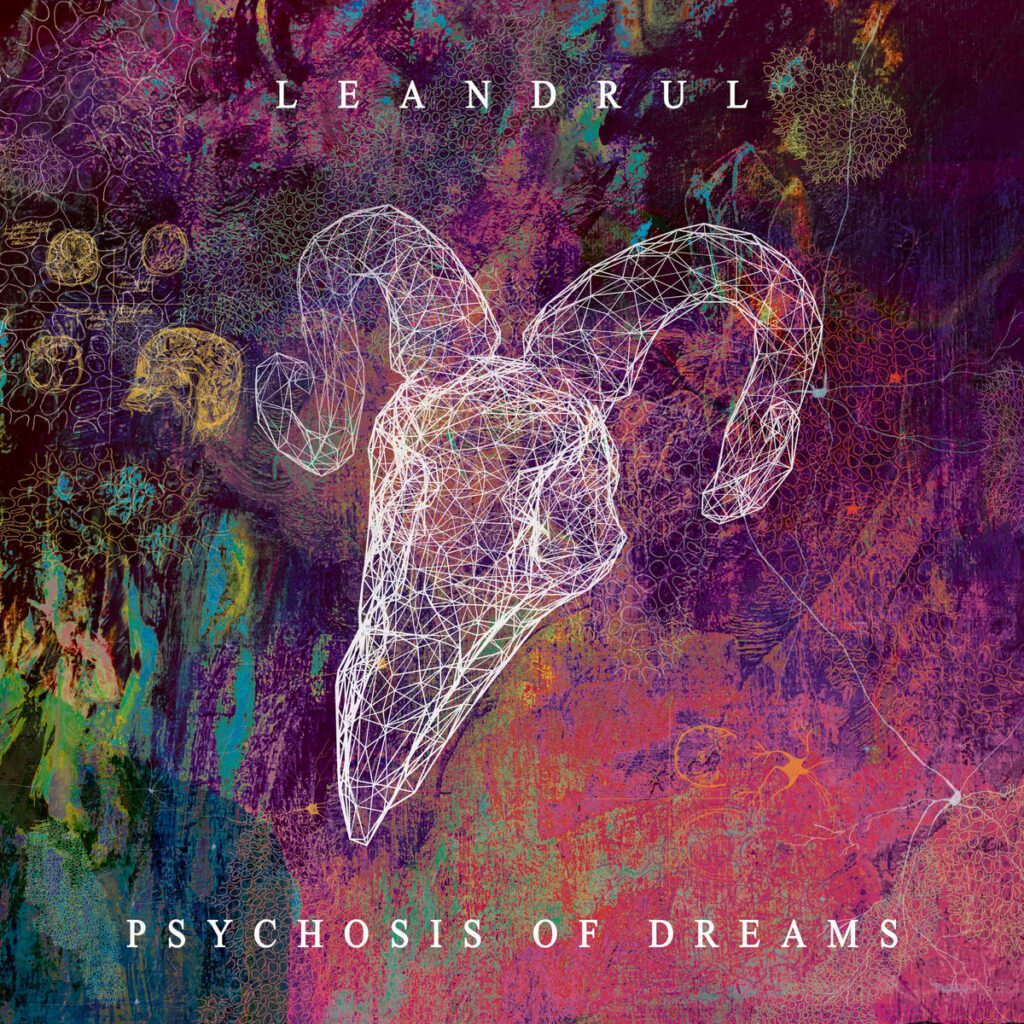MUSIQUE BOUTIQUE: Witch Camp (Ghana), Loretta Lynn, Nashville Ambient Ensemble, & Leandrul

Welcome to Audiofemme’s monthly record review column, Musique Boutique, written by music journo vet Gillian G. Gaar. Every fourth Monday, Musique Boutique offers a cross-section of noteworthy reissues and new releases guaranteed to perk up your ears.

“Hatred Drove Me From My Home” was the first track I streamed from I’ve Forgotten Now Who I Used to Be (Six Degrees Records) and I was spellbound. This collection of field recordings documents the experiences of women in Ghana who have been forced to seek refuge in “witch camps” after being accused of witchcraft and driven from their homes. The music is like nothing I’ve ever heard before, a first-hand account of the lives of those who have lost everything.
The voices are powerful and resonant, the instrumentation provided by whatever’s at hand — tin cans, corn husks, a tea pot. There’s no translation beyond the song titles, but it’s not needed; the underlying emotion comes through clearly. “I Was Accused,” sung acapella, consists of a single, repeated phrase, anchoring the singer to her identity (though all the performers here are anonymous, to prevent backlash from their communities). The calm, quiet singer of “Everywhere I Turn, There Is Pain” is accompanied by the harsh clang, clang of metal striking metal, as a bird chirps in the background. There’s a sense of anger in “There Are No Promises in This World,” and the heartbreak in the subdued voice singing “Left to Live Like an Animal.” But there are also unexpected moments of joy, as in the boisterous “Love” and with its chorus of women whooping in delight. Born out of hardship and loss, this is music that is unforgettable.

On the verge of her 89th birthday in April, Loretta Lynn returns with her first new album since 2018, Still Woman Enough (Legacy Recordings). The title track is a fun, lively song of strength and resilience, that has Lynn proudly proclaiming, “I know how to love, lose, and survive” in the chorus, with a little help from her friends Reba McEntire and Carrie Underwood. It sets the tone for this spirited, optimistic album, that celebrates women in country music, and sees Lynn revisiting some of her past successes.
There’s a nod to Mother Maybelle Carter and the Carter Family in her fine take on “Keep On the Sunny Side.” Margo Price joins Lynn in the lament “One’s on the Way” (which contrasts the lifestyles of the rich and famous with the more downbeat reality of most women). Tanya Tucker playfully jousts with Lynn over who will ultimately claim the prize on “You Ain’t Woman Enough.” Lynn’s resonant voice is especially suited to rousing numbers like Hank Williams’ “I Saw the Light.” But the most poignant performance is her spoken-word recitation of “Coal Miner’s Daughter,” about her hardscrabble beginnings. And speaking of her signature song, her autobiography of the same name has just been republished, in an updated and expanded edition, taking her remarkable story up to the present day.

Cerulean (Centripetal Force Records), by the Nashville Ambient Ensemble is the sound of the country music capital as might be envisioned by Angelo Badalamenti; there’s a languid dreaminess, but also a sense of mystery. The seven-piece Ensemble was organized by Michael Hix, who drew on the pool of stellar talent available in Music City. The instrumental range blends electric guitar, baritone electric guitar, and pedal steel guitar with piano, synthesizer, and guitar synth, resulting in a lush bed of sound to sink into.
The music is largely instrumental, with occasional vocal contributions from Deli Paloma-Sisk, floating in and out of the music with delicate grace. The mixing and melding also extends to the music’s creation, with the musicians often improvising (it’s why the track “Conversion” runs over ten minutes), allowing a piece to ebb and flow at its own pace. The word “cerulean” refers to the color blue, the color of serenity, something you’ll find in abundance here. This is lovely, ethereal music to chill out to.

Crosby Morgan was a folk-oriented singer-songwriter until she discovered electronic dance music. She released her first EDM work, PRIMAL, in 2018, under the name Leandrul. Now comes the enticing follow up, Psychosis of Dreams (Handsmade).
The album is based on her own experiences dealing with mental health issues, and is crafted as a journey, from the opening track “2010” through the concluding “Redemption.” The song titles are meant to be signposts, leading you on the way. “I know now what they meant when they said that life and death really aren’t so different,” Leandrul sings in “Death by Nerium,” a quiet contemplation of suicide. “You don’t know what it’s like to have your brain fried,” is the devastating observation in the pulsating “Electroconvulsive Memory,” Leandrul’s cool delivery providing a sharp contrast with the horrors she describes. A number of organic sounds work their way into this electronic realm as well; a guitar case used as a drum, the noise of a dryer or power drill sampled and reworked. This is an intensely personal album that nonetheless has a universal resonance. It’s the story of looking into the abyss and the long road back.

